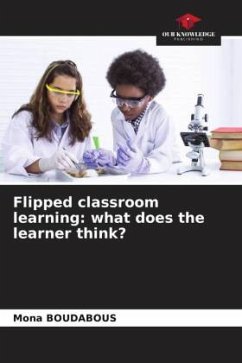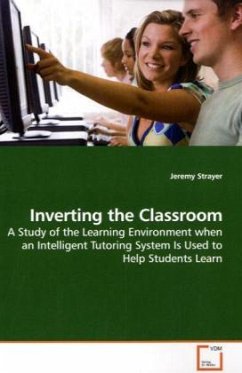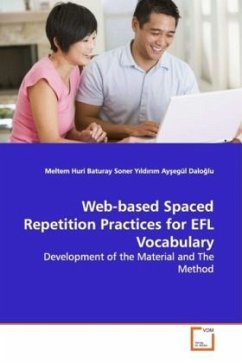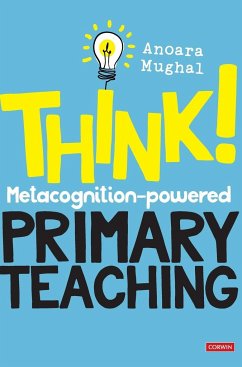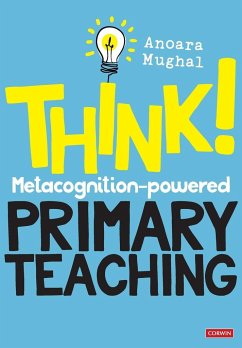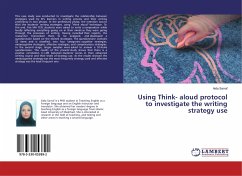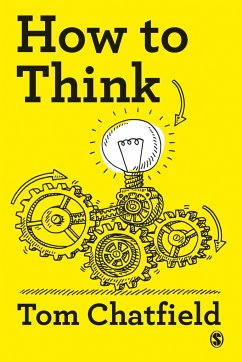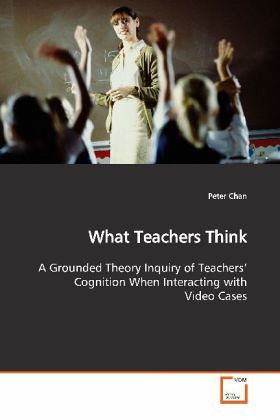
What Teachers Think
A Grounded Theory Inquiry of Teachers Cognition When Interacting with Video Cases
Versandkostenfrei!
Versandfertig in 6-10 Tagen
39,99 €
inkl. MwSt.

PAYBACK Punkte
20 °P sammeln!
Many teacher educators believe multimedia cases canimprove teacher development because of these cases potential in facilitating the acquisition of complex,ill-structured knowledge needed for classroomteaching. However, there is a general lack ofevidence on how cases impact thinking and practice ofteachers, and the evidence for multimedia cases iseven more sparse. Hence, the current study exploresthe cognitive activities of several teachers before,during, and after their interaction with videoethnography, a specific form of multimedia cases. Itemploys grounded theory to discover embedded meanin...
Many teacher educators believe multimedia cases can
improve teacher development because of these cases
potential in facilitating the acquisition of complex,
ill-structured knowledge needed for classroom
teaching. However, there is a general lack of
evidence on how cases impact thinking and practice of
teachers, and the evidence for multimedia cases is
even more sparse. Hence, the current study explores
the cognitive activities of several teachers before,
during, and after their interaction with video
ethnography, a specific form of multimedia cases. It
employs grounded theory to discover embedded meanings
and relationships that emerge from descriptive data.
Findings of the study include the identification of
categories of cognitive activities revealed in
teachers thinking and patterns that emerged from
case studies of individual participants. Using
cross-case analysis, four theoretical propositions
are generated to describe the cognitive development
process and its two influencers: learning orientation
and beliefs/experiences. The study has implications
for improving technology use in teacher development,
production of multimedia cases, and research on
case-based pedagogy.
improve teacher development because of these cases
potential in facilitating the acquisition of complex,
ill-structured knowledge needed for classroom
teaching. However, there is a general lack of
evidence on how cases impact thinking and practice of
teachers, and the evidence for multimedia cases is
even more sparse. Hence, the current study explores
the cognitive activities of several teachers before,
during, and after their interaction with video
ethnography, a specific form of multimedia cases. It
employs grounded theory to discover embedded meanings
and relationships that emerge from descriptive data.
Findings of the study include the identification of
categories of cognitive activities revealed in
teachers thinking and patterns that emerged from
case studies of individual participants. Using
cross-case analysis, four theoretical propositions
are generated to describe the cognitive development
process and its two influencers: learning orientation
and beliefs/experiences. The study has implications
for improving technology use in teacher development,
production of multimedia cases, and research on
case-based pedagogy.



